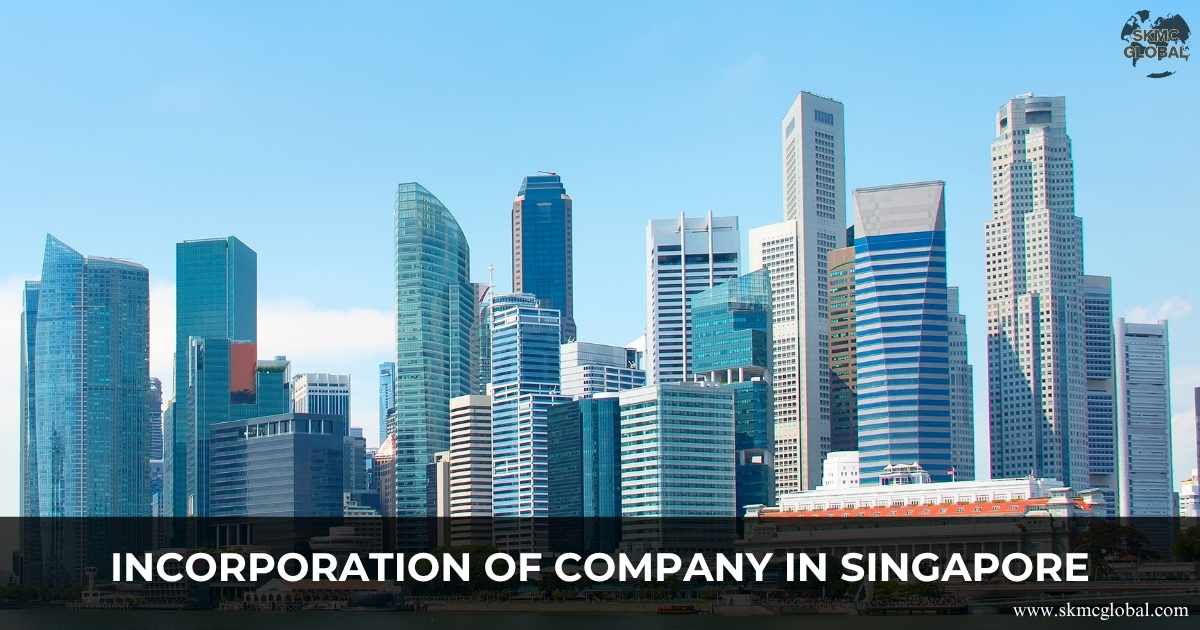
In the present global economic scenario, deciding on a strategic headquarters is the most important decision for any company that looks for international expansion. For companies that aim to reach the vast consumer markets of Asia-in particular, for a stable and effective platform to address the South Asia market-the obvious choice is Singapore. The overall ease of the process to set up business in Singapore, combined with the unparalleled economic environment, makes Singapore an ideal destination for entrepreneurs and multinational companies alike. This detailed guide explains exactly why one should set up business in Singapore and details the unmatched advantages of the company setup in Singapore process.
The Unwavering Strength of the Singapore Economy
The real foundation of the appeal of Singapore, however, is the ultra-stable and competitive Singapore economy. This micro-nation constantly tops various global indices for economic freedom, ease of doing business, and political stability, thus giving an extremely secure background to each and every Singapore company.
1. Economic Resilience & Global Standing
Singapore has a high-income advanced economy that is always ranked among the top in various global rankings pertaining to ease of doing business, economic freedom, and political stability. Government support for foreign investment and innovation in Singapore provides a secure business environment which reinforces investor confidence and fosters long-term stability.
2. Financial Ecosystem & Funding Access
Singapore is the Asian financial hub with world-class banking services, and access to funding through government grants, venture capital, and private equity remains easy. The Monetary Authority of Singapore ensures sound financial policy for the protection of investments and promotion of economic growth.
3. Strategic Market Connectivity
It acts as a gateway to South Asia and ASEAN. It offers the best location, world-class infrastructure, and logistics excellence such as Changi Airport and the Port of Singapore. With over 25 Free Trade Agreements signed, it offers considerable market access and reduced trade barriers for businesses.
4. Company incorporation process is easy.
Business incorporation in Singapore is fast and efficient, with most applications getting approved in a matter of hours through ACRA's online filing system known as BizFile+.
Steps to Register:
i. Corporate Service Provider: The foreign entrepreneurs would be required to appoint a CSP in order to assist them in Singapore companies registration and compliance.
ii. Reservation of Name and Preparation of Document: Naming and preparation of documents are looked after by the CSP.
iii. Approval: incorporation of company is mostly approved immediately.
5. Key Requirements for business set up in Singapore
-
Structure: The most common is a Private Limited Company - Pte Ltd.
-
Shareholders: There must be at least one shareholder, either individual or corporate; foreign ownership can be 100%.
-
Capital: The minimum paid-up capital requirement is just S$1.
-
Directors: At least one resident director (CSP can act as nominee director).
-
Company Secretary: To be appointed within six months.
-
Registered office: The office should exist physically in Singapore.
Setting up a company in Singapore is straightforward and predictable for any foreign entrepreneur because of clarity regarding the process and the paucity of requirements.
Fiscal Benefits: low tax rates and manifold advantages
Fiscal policy is highly competitive in Singapore, with various incentives, making the effective tax rates low and the benefits very attractive for a newly set-up company in Singapore.
1. Competitive Corporate Income Tax - CIT
The headline CIT rate is a flat 17%, ranking among the lowest in the developed world. However, the real benefit comes with the tax exemptions:
-
Start-Up Tax Exemption (SUTE): The SUTE scheme significantly benefits new qualifying tax resident companies for the first three consecutive Years of Assessment, with significant reduction in the tax burden during the critical initial growth phase:
75% exemption on the first S$100,000 of normal chargeable income.
50% exemption on the next S$100,000 of normal chargeable income.
- Partial Tax Exemption (PTE): Beyond the initial three-year period, or in the case of a company not qualifying under SUTE, the effective PTE scheme provides substantial relief on chargeable income so that the lower tax rates and other benefits remain quite appealing.
2. Simplicity of international taxation
Singapore has a territorial system of taxation; therefore, income derived from outside Singapore need not usually be taxed unless the income comes into Singapore. Additionally,
-
No Capital Gains Tax: Profits derived from the sale of assets, such as shares or property, are generally not taxed, thereby increasing investor appetite for the business register Singapore list.
- Single-Tier Tax System: The dividends paid out to shareholders are exempt from further tax liabilities, thereby avoiding a double taxation burden found in many other jurisdictions.
Compliance and Oversight: Audit Requirements Easy and Clear While the environment is pro-business, Singapore maintains high standards of governance. However, it has made a conscious effort to adopt compliance rules that go easy on smaller entities, making sure that an audit requirements easy framework assists growth rather than hinders it. • Exemption from Statutory Audit: A significant number of small, private Singapore company entities are exempt from the statutory audit requirement. A company qualifies as a "small company" if it meets at least two of the following three criteria for the immediate past two consecutive financial years:
- Total annual revenue is ≤ S$10 million.
- Total assets are ≤ S$10 million.
- Number of employees is ≤ 50.
Annual Filing: Although the audit requirement is waived for small companies, every entity on the Singapore company registration list shall still be required to maintain proper accounting records, prepare a full set of financial statements, and file an Annual Return with ACRA. This ensures transparency without excessive administrative cost and streamlines the ongoing business set up in Singapore commitment.
Conclusion
Your success in the world market begins with incorporate a company in Singapore. In fact, it is a broad decision for stability, efficiency, and growth as the incorporation of company in Singapore is concerned. The instant you decide to set up business in Singapore, the whole framework, from the Singapore company registration to the fiscal environment, is tailored towards maximizing your potential. As aforementioned, the low tax rates lower, various benefits, the simplicity of the corporation incorporation process simple, and the modern and risk-mitigating audit requirements easy framework ensure that your new company setup in Singapore is able to focus entirely on its core mission.
By completing your Singapore company register filing, you secure a position in the heart of Asia's most dynamic trading hub. Ease of set up business in Singapore, access to a strong financial ecosystem, and a place where access to funding is easy-this is the ultimate place for your global launch. Begin your journey into the incorporation of company in Singapore and unlock the potential of the Asian Century.
Recent Posts
-
 Union Budget 2026 updates...
Feb 02,2026
Union Budget 2026 updates...
Feb 02,2026
-
 SEBI’s New Co-Investment Framework for AIFs: An ...
Jan 14,2026
SEBI’s New Co-Investment Framework for AIFs: An ...
Jan 14,2026
-
 Incorporation of Company in Saudi Arabia...
Jan 05,2026
Incorporation of Company in Saudi Arabia...
Jan 05,2026
-
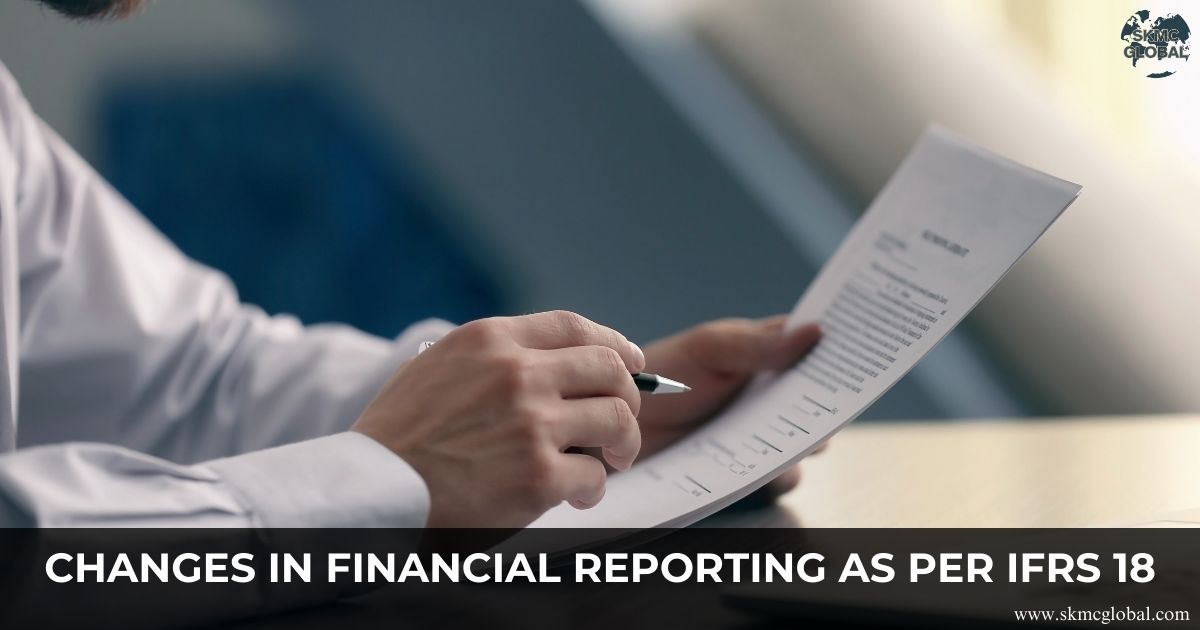 Changes in Financial Reporting as per IFRS 18...
Dec 31,2025
Changes in Financial Reporting as per IFRS 18...
Dec 31,2025
-
 Digital Personal Data Protection Act Implementatio...
Dec 30,2025
Digital Personal Data Protection Act Implementatio...
Dec 30,2025
-
 How to setup a Semiconductor Unit in Gujarat...
Dec 26,2025
How to setup a Semiconductor Unit in Gujarat...
Dec 26,2025
-
 Process of Setting Up a Gratuity Fund Trust in Ind...
Dec 18,2025
Process of Setting Up a Gratuity Fund Trust in Ind...
Dec 18,2025
-
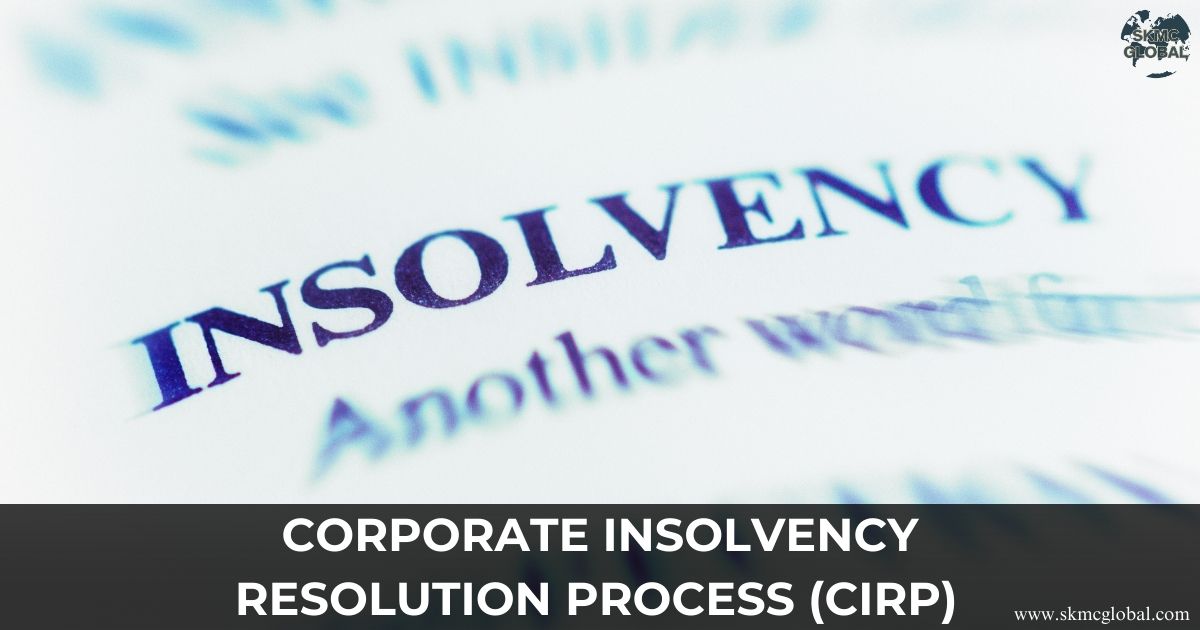 Corporate Insolvency Resolution Process (CIRP) und...
Dec 17,2025
Corporate Insolvency Resolution Process (CIRP) und...
Dec 17,2025
-
 Closure of a company in India...
Dec 12,2025
Closure of a company in India...
Dec 12,2025
-
 Importance of Black Money Act 2015...
Dec 11,2025
Importance of Black Money Act 2015...
Dec 11,2025
-
 What are undisclosed assets and income under Black...
Dec 08,2025
What are undisclosed assets and income under Black...
Dec 08,2025
-
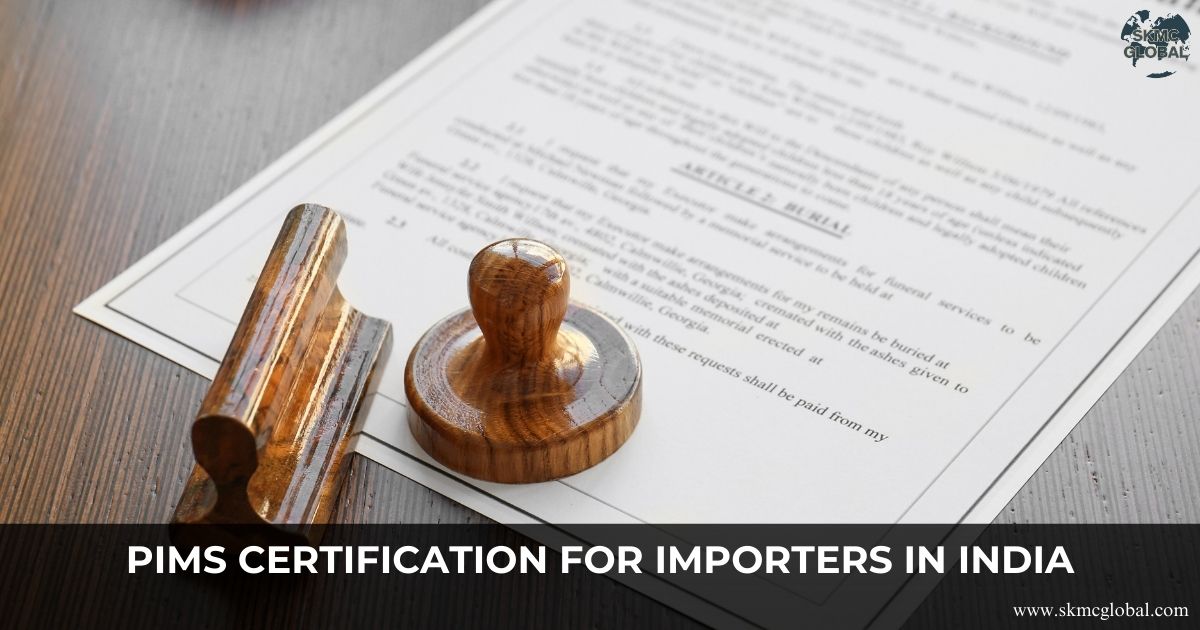 Importance of PIMS certification for Importers in ...
Dec 06,2025
Importance of PIMS certification for Importers in ...
Dec 06,2025
-
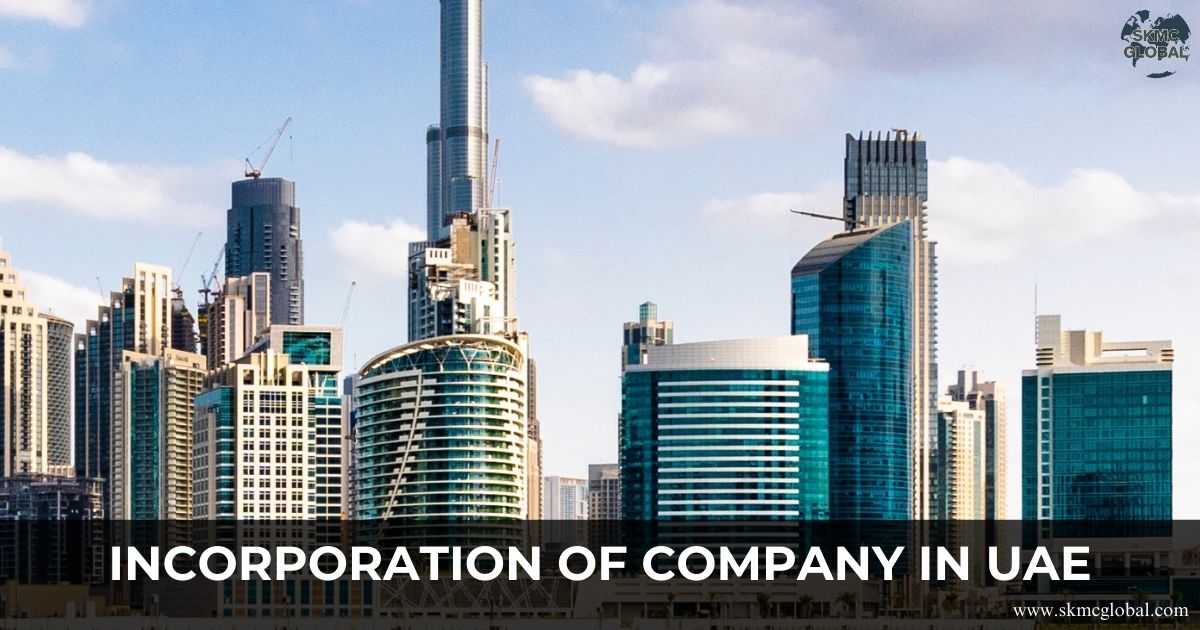 Incorporation of Company in UAE...
Dec 03,2025
Incorporation of Company in UAE...
Dec 03,2025
-
 Legal Entity Identifier LEI - Purpose and Applicab...
Dec 01,2025
Legal Entity Identifier LEI - Purpose and Applicab...
Dec 01,2025
-
 Implementation of New Labour Codes 2025...
Nov 29,2025
Implementation of New Labour Codes 2025...
Nov 29,2025
-
 A Step-by-Step Guide to a Smooth Payroll Outsourci...
Nov 28,2025
A Step-by-Step Guide to a Smooth Payroll Outsourci...
Nov 28,2025
-
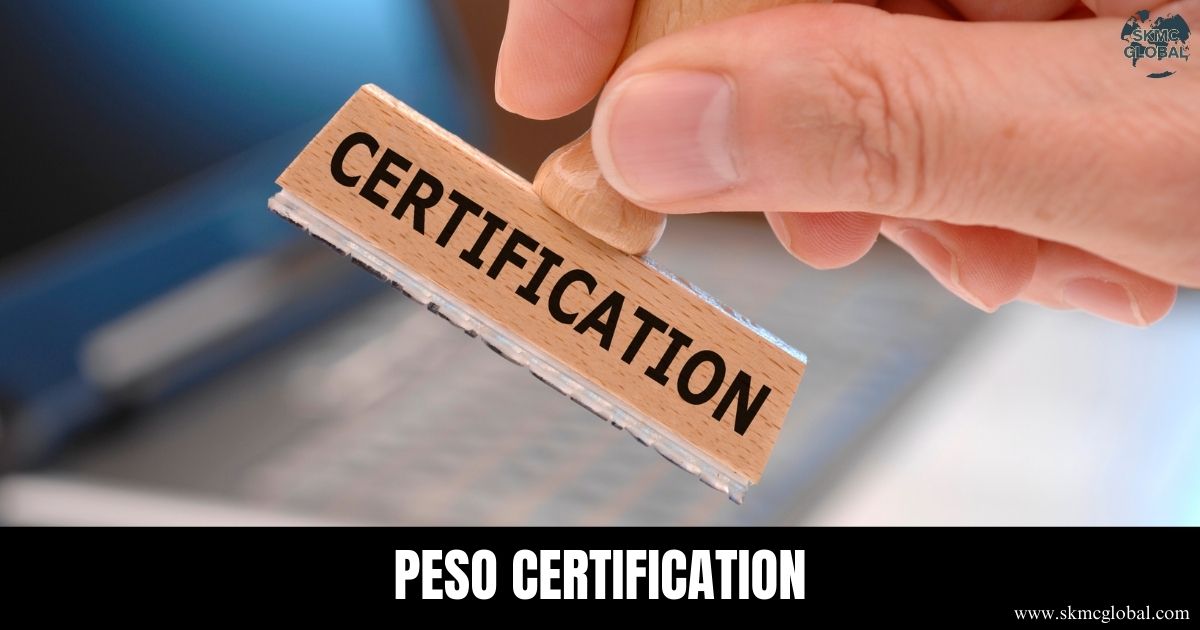 PESO Certification in India...
Nov 26,2025
PESO Certification in India...
Nov 26,2025
-
 Family Trusts for NRIs- Managing Indian Assets fro...
Nov 24,2025
Family Trusts for NRIs- Managing Indian Assets fro...
Nov 24,2025
-
 Decoding Disclosures: Section 184 of Companies Act...
Nov 21,2025
Decoding Disclosures: Section 184 of Companies Act...
Nov 21,2025
-
 All you want to know about Recycling business in I...
Nov 20,2025
All you want to know about Recycling business in I...
Nov 20,2025
-
 What is Seed Fund Scheme and its relevance for Sta...
Nov 19,2025
What is Seed Fund Scheme and its relevance for Sta...
Nov 19,2025
-
 Incorporation of Company in Singapore...
Nov 18,2025
Incorporation of Company in Singapore...
Nov 18,2025
-
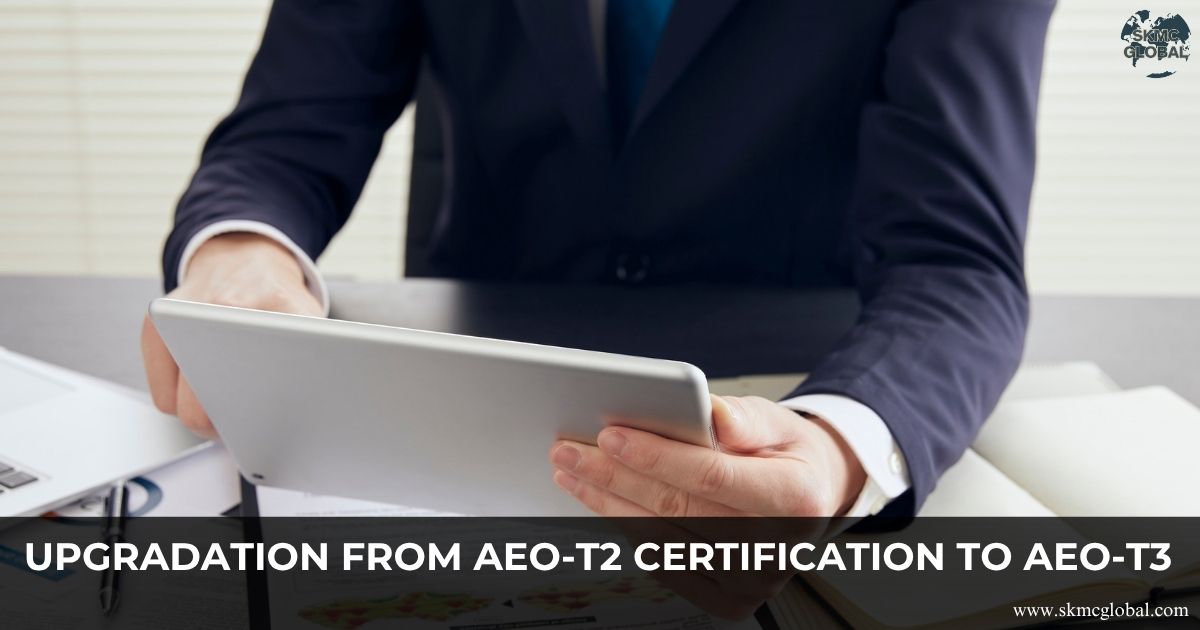 How to upgrade your AEO T2 certification to AEO T3...
Nov 15,2025
How to upgrade your AEO T2 certification to AEO T3...
Nov 15,2025
-
 What is the relevance of APEDA Registration and it...
Nov 14,2025
What is the relevance of APEDA Registration and it...
Nov 14,2025
-
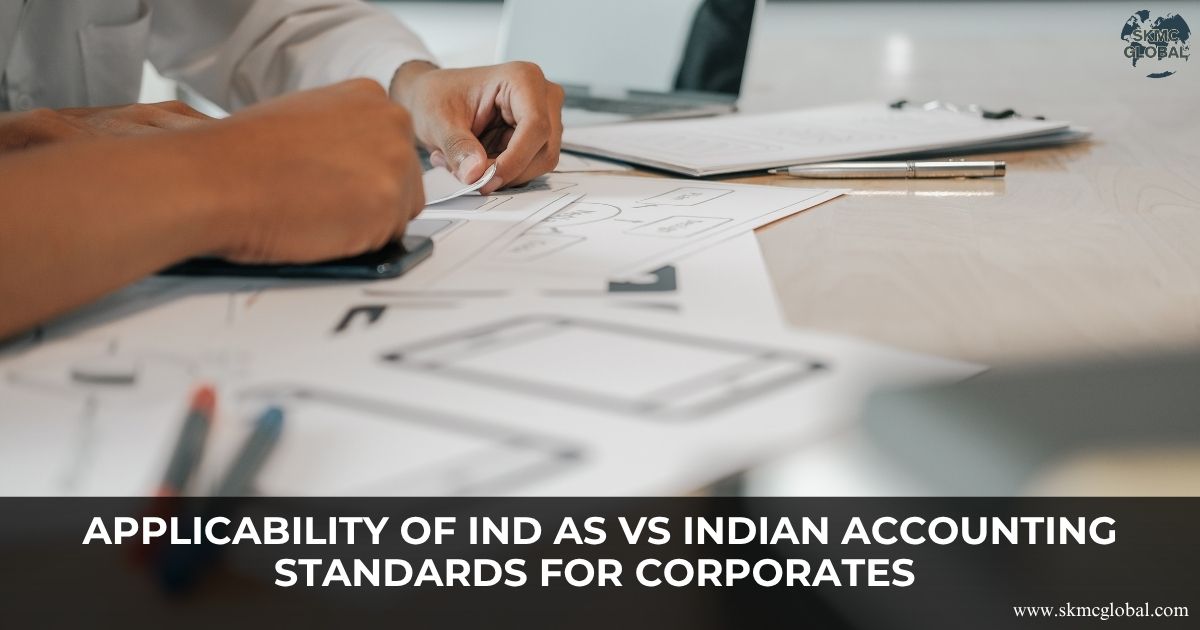 Applicability of Indian Accounting Standards for c...
Nov 11,2025
Applicability of Indian Accounting Standards for c...
Nov 11,2025
-
 Public vs. Private Trust: key Differences in Regis...
Oct 28,2025
Public vs. Private Trust: key Differences in Regis...
Oct 28,2025
-
 Donation and Foreign Contributions to Trusts in In...
Oct 23,2025
Donation and Foreign Contributions to Trusts in In...
Oct 23,2025
-
 Redeemable Preference Shares as a Financial Tool...
Oct 22,2025
Redeemable Preference Shares as a Financial Tool...
Oct 22,2025
-
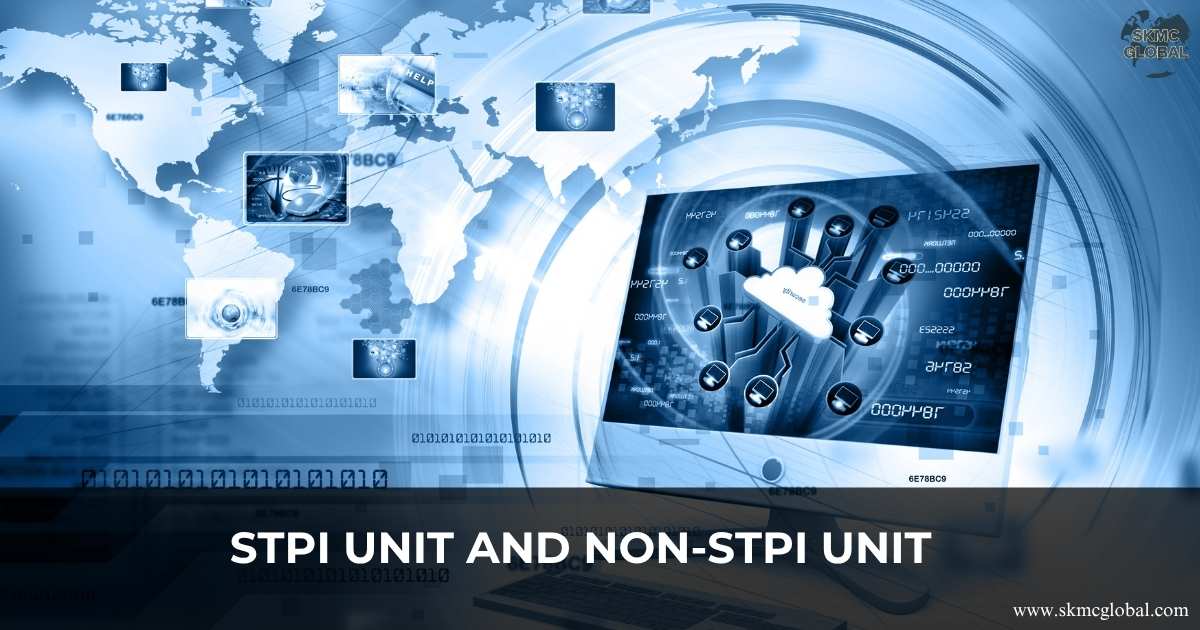 STPI Unit and Non-STPI Unit...
Oct 16,2025
STPI Unit and Non-STPI Unit...
Oct 16,2025
-
 Country-by-Country Reporting (CbCR) and Its Evolvi...
Oct 09,2025
Country-by-Country Reporting (CbCR) and Its Evolvi...
Oct 09,2025
-
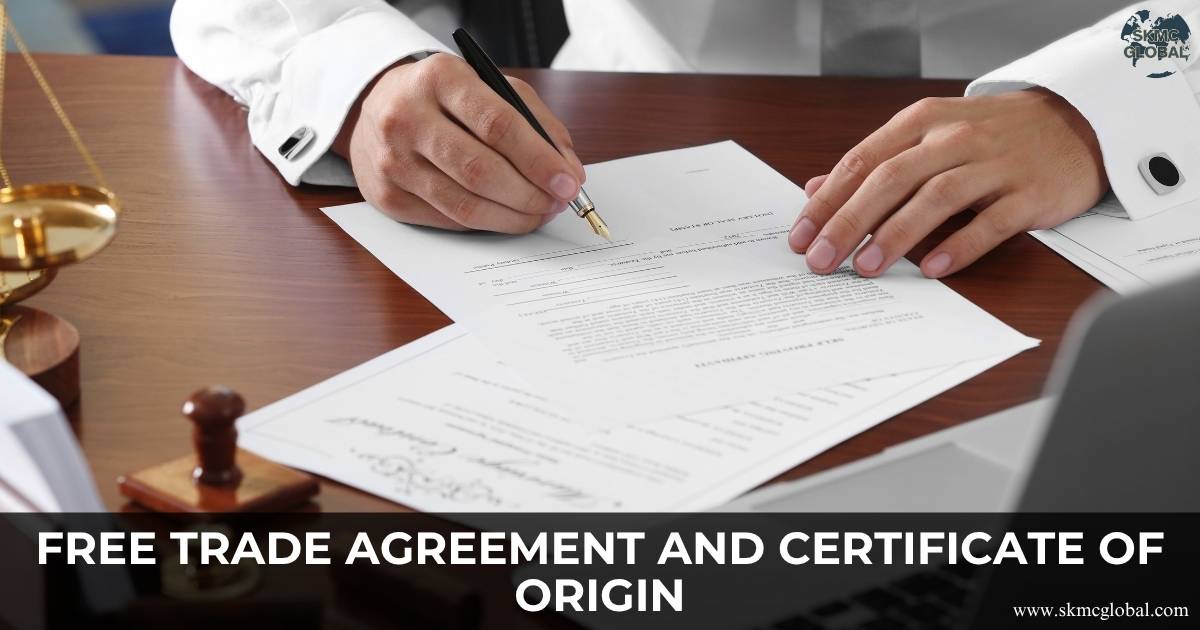 What is Free Trade Agreement and Certificate of Or...
Oct 08,2025
What is Free Trade Agreement and Certificate of Or...
Oct 08,2025
-
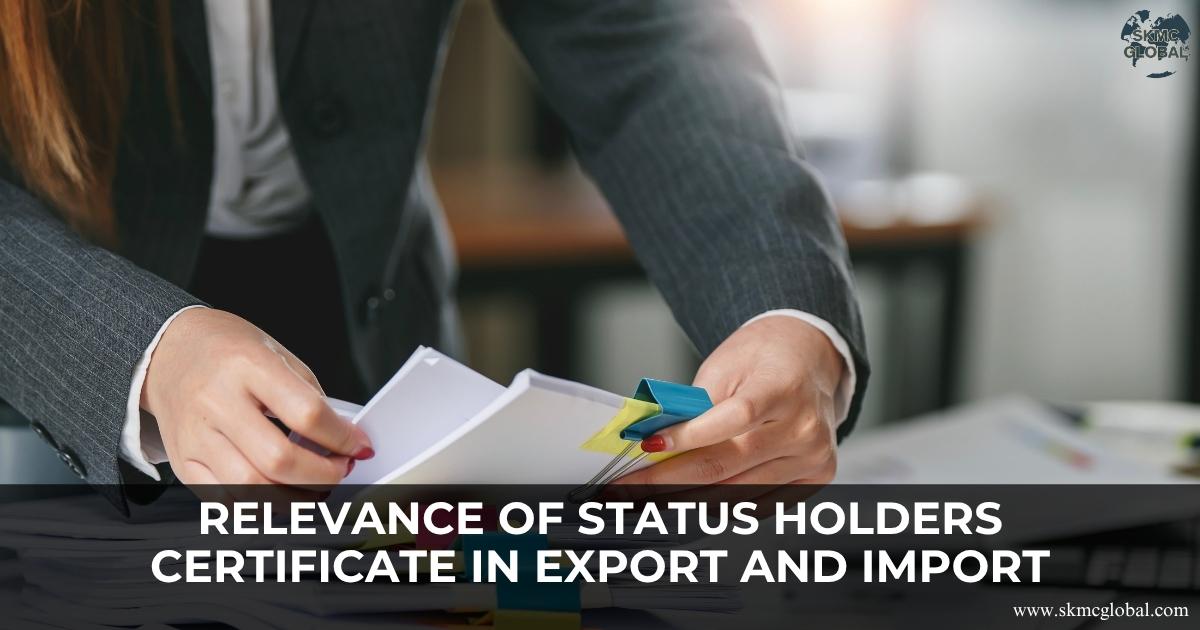 What is the relevance of status holders certificat...
Oct 06,2025
What is the relevance of status holders certificat...
Oct 06,2025
-
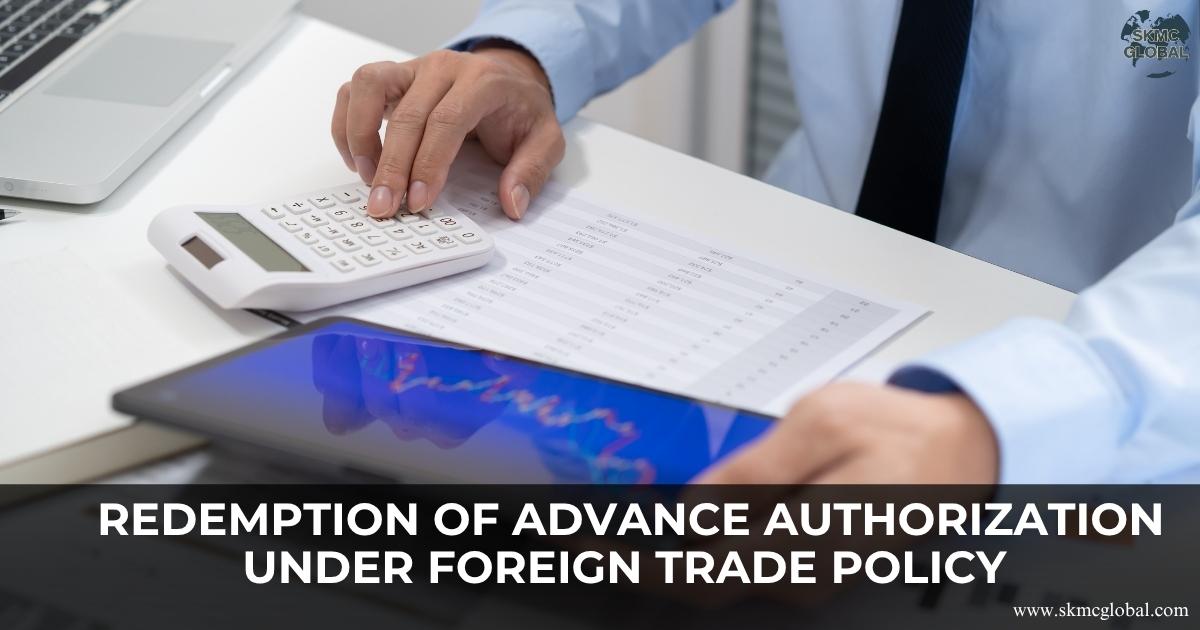 Redemption of Advance Authorization under Foreign ...
Oct 04,2025
Redemption of Advance Authorization under Foreign ...
Oct 04,2025
-
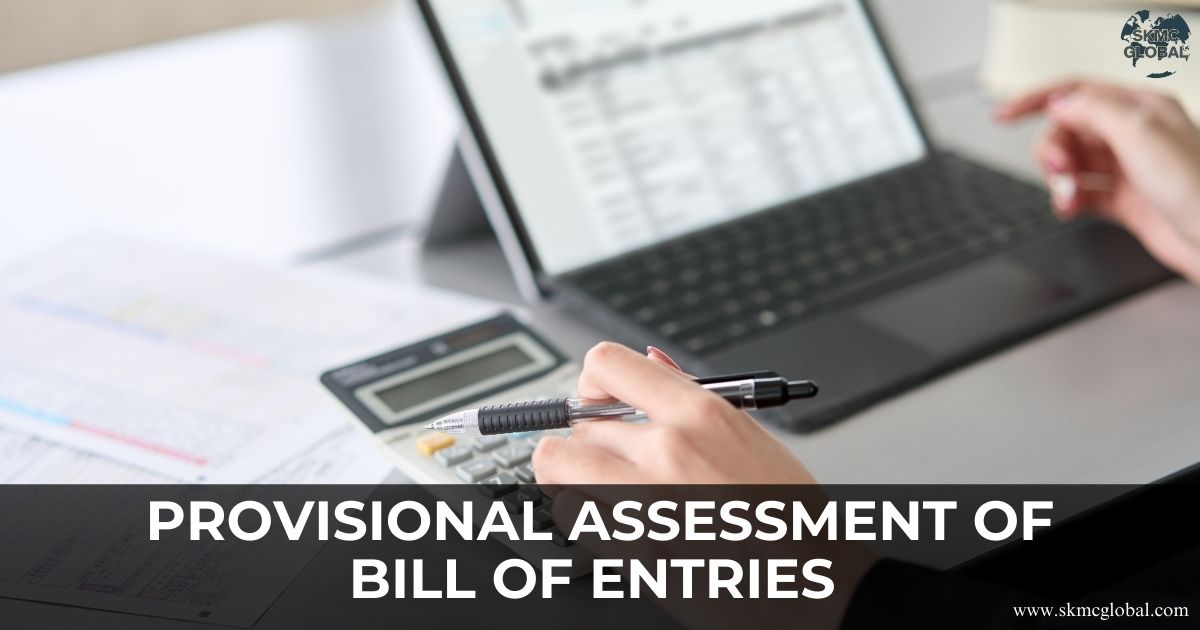 What is provisional assessment of Bill of Entries ...
Sep 29,2025
What is provisional assessment of Bill of Entries ...
Sep 29,2025
-
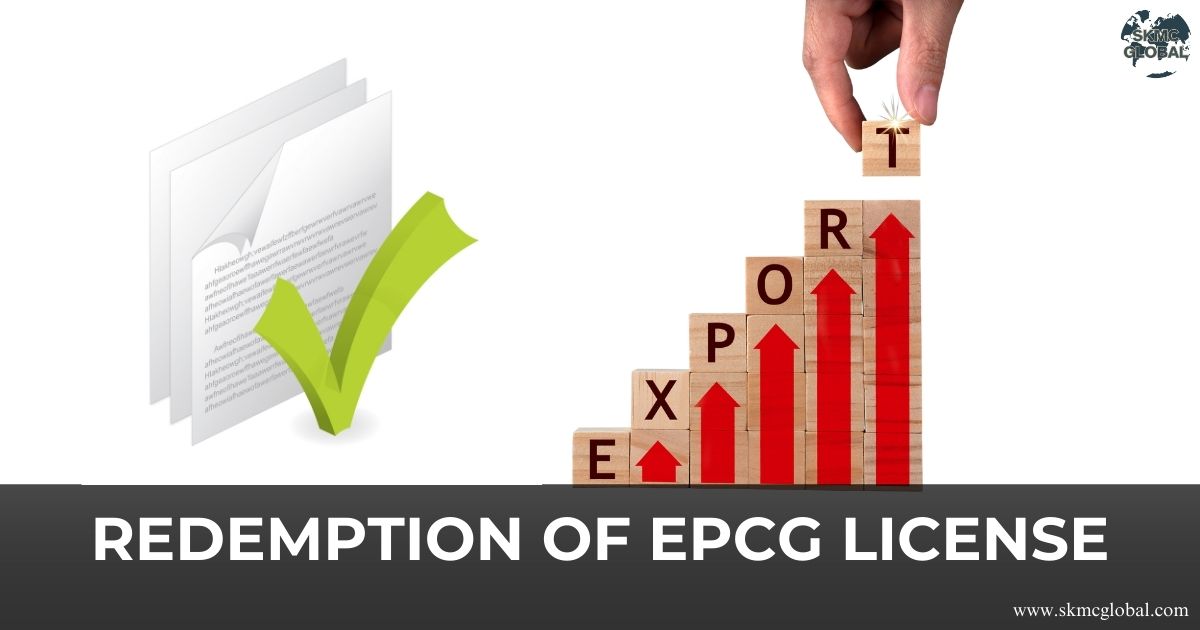 Redemption of EPCG License...
Sep 26,2025
Redemption of EPCG License...
Sep 26,2025
-
 MOOWR (Manufacturing and Other Operations in Wareh...
Sep 24,2025
MOOWR (Manufacturing and Other Operations in Wareh...
Sep 24,2025
-
 Procedure to Apply SCOMET License...
Sep 22,2025
Procedure to Apply SCOMET License...
Sep 22,2025
-
 Landscape of Semiconductor Industry while Doing Bu...
Sep 18,2025
Landscape of Semiconductor Industry while Doing Bu...
Sep 18,2025
-
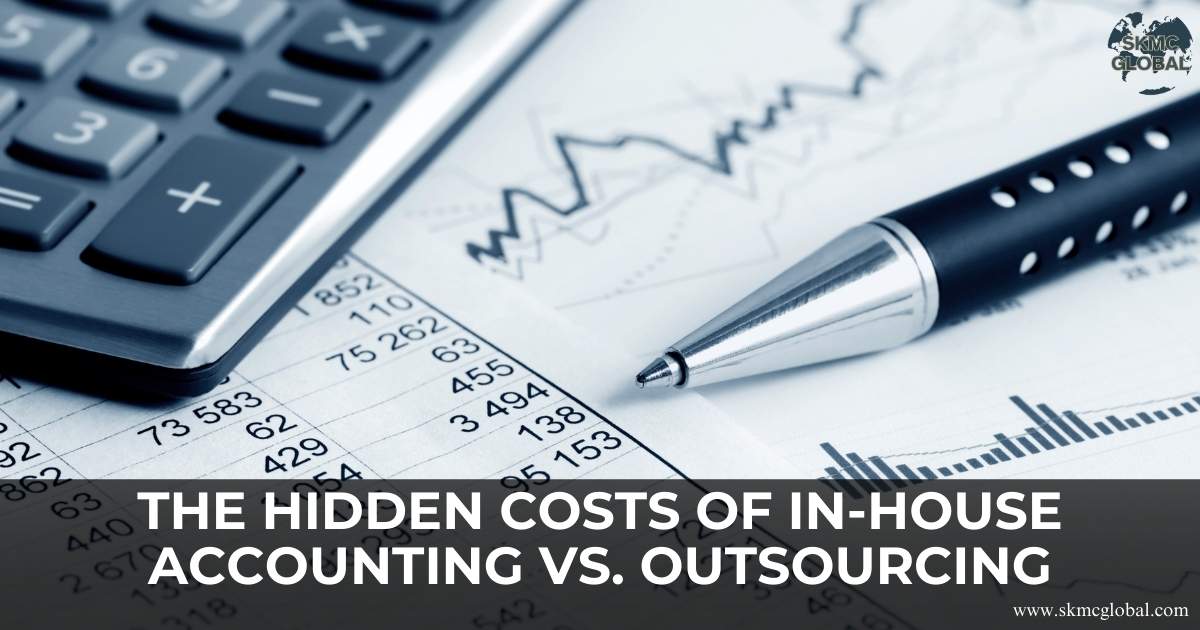 The Hidden Costs of In-House Accounting v/s Outsou...
Sep 17,2025
The Hidden Costs of In-House Accounting v/s Outsou...
Sep 17,2025
-
 TDS on sale of immovable property by an nri...
Sep 10,2025
TDS on sale of immovable property by an nri...
Sep 10,2025
-
 Setting up a Project Office in India...
Sep 08,2025
Setting up a Project Office in India...
Sep 08,2025
-
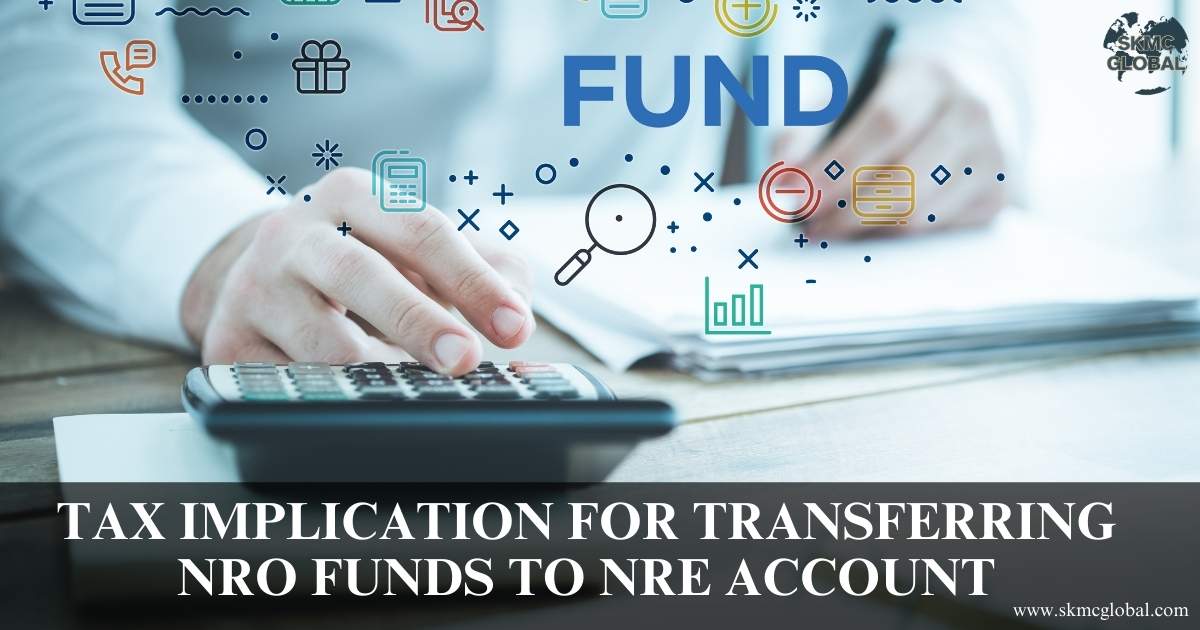 Tax Implication for Transferring NRO Funds to NRE ...
Sep 05,2025
Tax Implication for Transferring NRO Funds to NRE ...
Sep 05,2025
-
 How outsourcing CFO services helps the corporates ...
Aug 27,2025
How outsourcing CFO services helps the corporates ...
Aug 27,2025
-
 Why a Periodical Cash Flow Statement is Necessary ...
Aug 26,2025
Why a Periodical Cash Flow Statement is Necessary ...
Aug 26,2025
-
 What is FATCA and CRS reporting and its difference...
Aug 22,2025
What is FATCA and CRS reporting and its difference...
Aug 22,2025
-
 What are unclaimed TDS Credits and how to claim it...
Aug 21,2025
What are unclaimed TDS Credits and how to claim it...
Aug 21,2025
-
 Digital Taxation is reshaping Tax Nexus Between Ju...
Aug 20,2025
Digital Taxation is reshaping Tax Nexus Between Ju...
Aug 20,2025
-
 Procedure to Take PF Registration and Its Complian...
Aug 18,2025
Procedure to Take PF Registration and Its Complian...
Aug 18,2025
-
 Procedure to take PSARA License...
Aug 11,2025
Procedure to take PSARA License...
Aug 11,2025
-
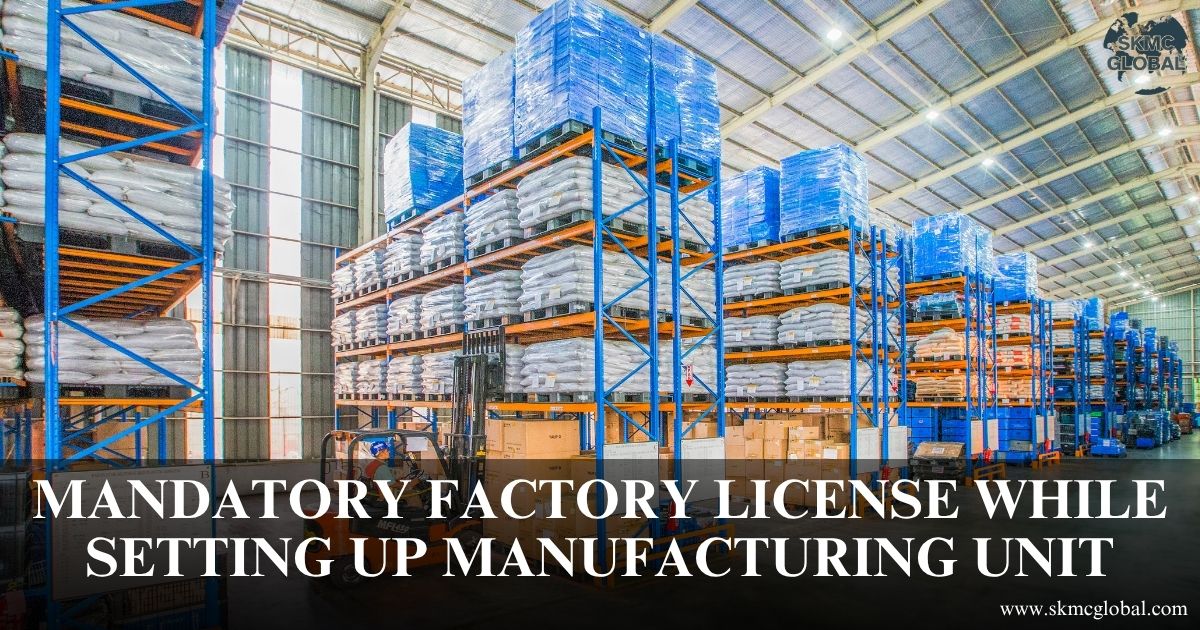 Mandatory factory license while setting up manufac...
Aug 08,2025
Mandatory factory license while setting up manufac...
Aug 08,2025
-
 Procedure for obtaining NBFC Registration in India...
Aug 04,2025
Procedure for obtaining NBFC Registration in India...
Aug 04,2025
-
 FSSAI License registration for Food Business...
Jul 14,2025
FSSAI License registration for Food Business...
Jul 14,2025
-
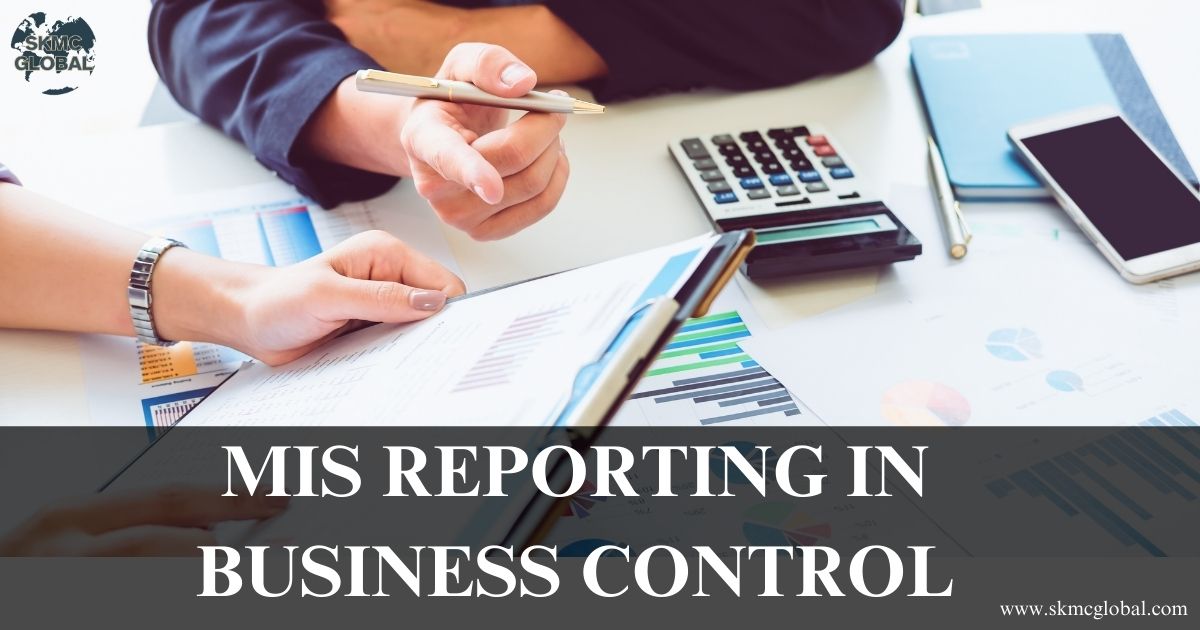 How Management Information System (MIS) reporting ...
Jul 11,2025
How Management Information System (MIS) reporting ...
Jul 11,2025
-
 IFRS 9 impairment- A complete guide...
Jul 12,2025
IFRS 9 impairment- A complete guide...
Jul 12,2025
-
 Why most of the companies are shifting to hr and p...
Jul 10,2025
Why most of the companies are shifting to hr and p...
Jul 10,2025
-
 A complete guide on valuation of shares...
Jul 10,2025
A complete guide on valuation of shares...
Jul 10,2025
-
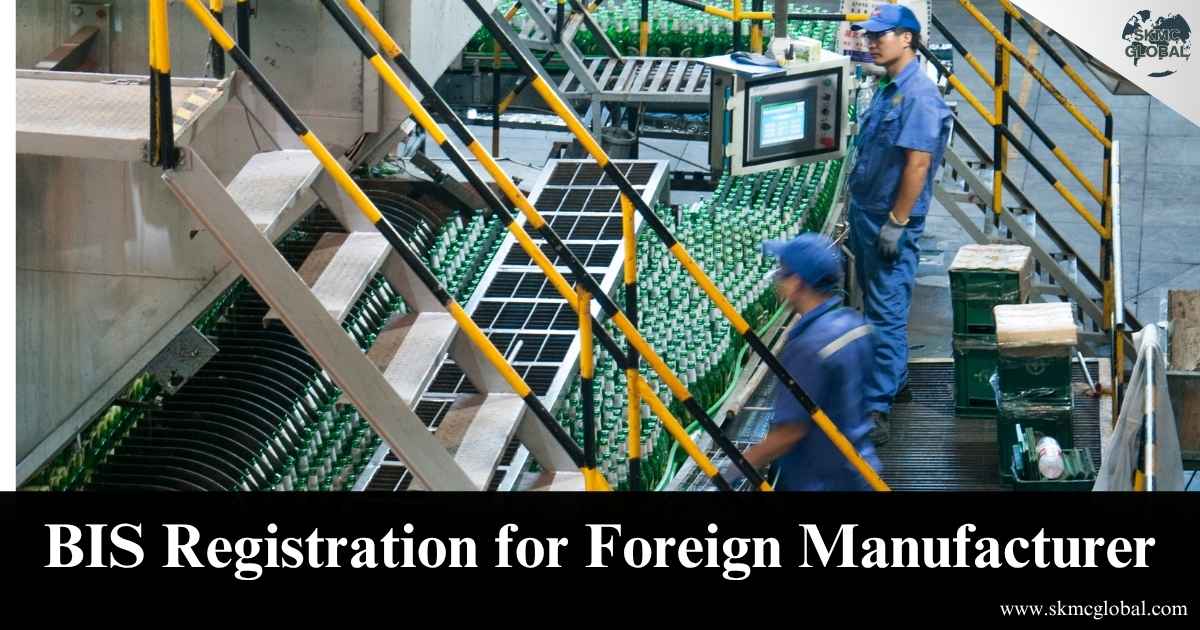 BIS registration for foreign manufacturer...
Jul 09,2025
BIS registration for foreign manufacturer...
Jul 09,2025
-
 Understanding the Scope of the Shops and Establish...
Jul 08,2025
Understanding the Scope of the Shops and Establish...
Jul 08,2025
-
 Coso framework: Complete guide on internal control...
Jun 26,2025
Coso framework: Complete guide on internal control...
Jun 26,2025
-
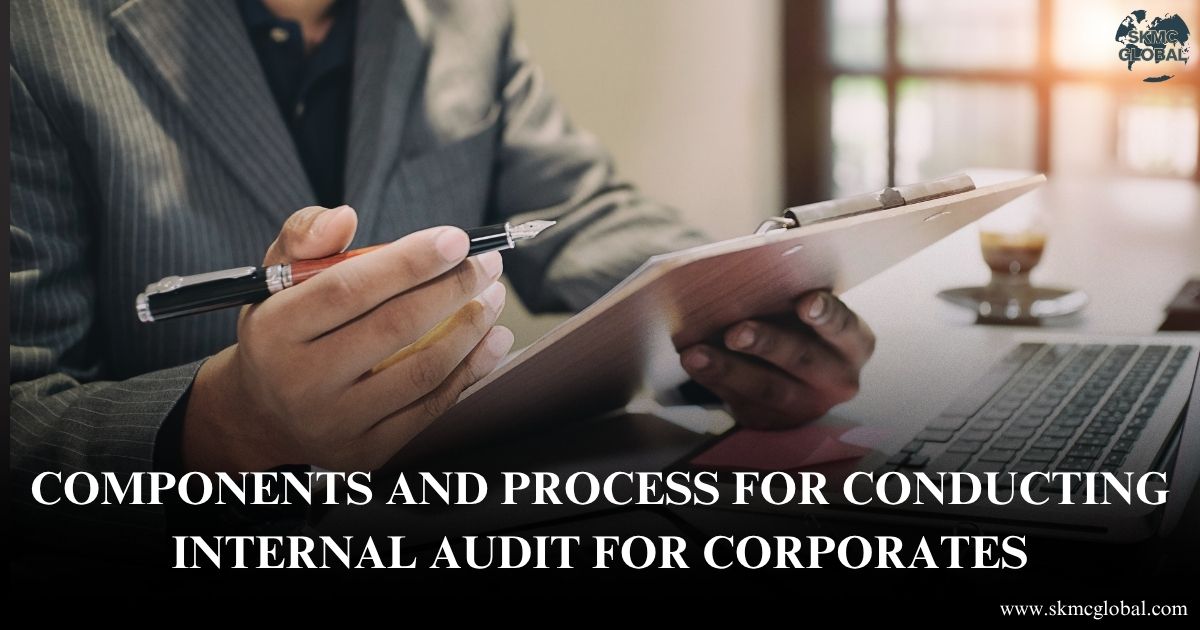 Components and Process for Conducting Internal Aud...
Jun 25,2025
Components and Process for Conducting Internal Aud...
Jun 25,2025
-
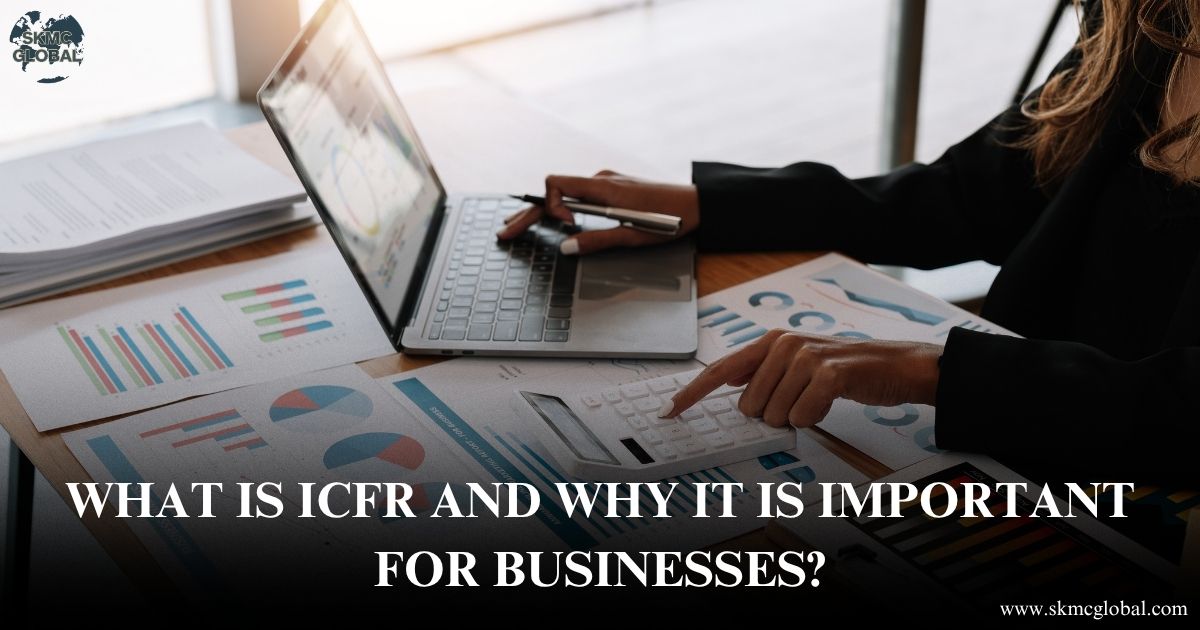 What is ICFR and Why It is Important for Businesse...
Jun 24,2025
What is ICFR and Why It is Important for Businesse...
Jun 24,2025
-
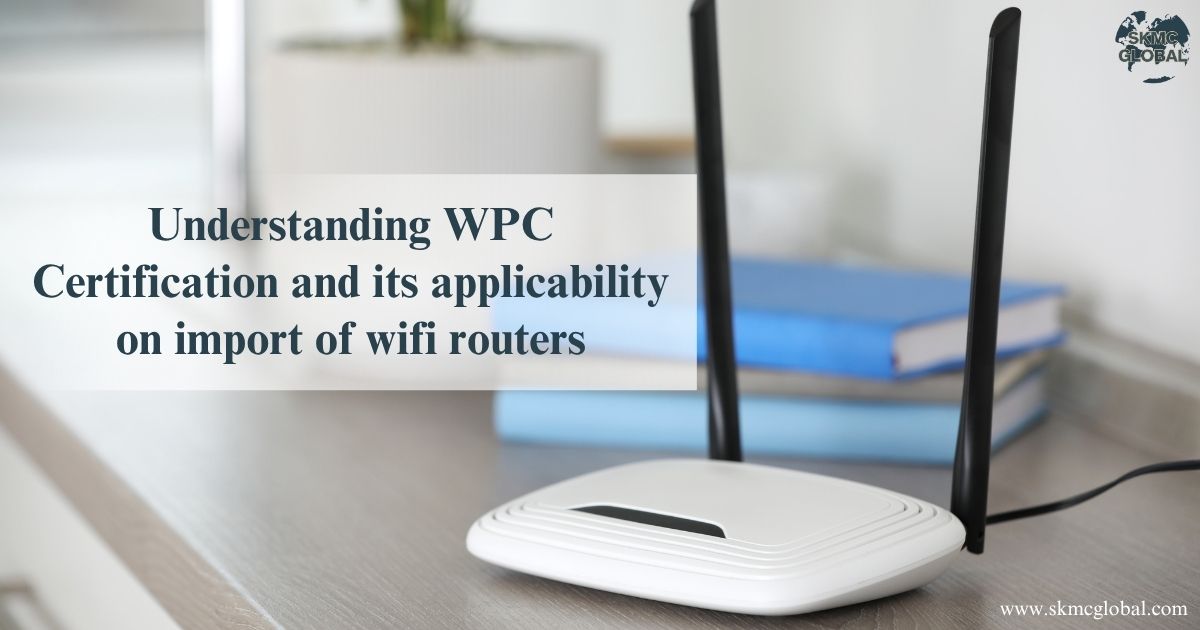 Understanding WPC Certification and its applicabil...
Jun 23,2025
Understanding WPC Certification and its applicabil...
Jun 23,2025
-
 Procedure to take EPR registration for battery was...
Jun 21,2025
Procedure to take EPR registration for battery was...
Jun 21,2025
-
 3PL Logistics...
Jun 19,2025
3PL Logistics...
Jun 19,2025
-
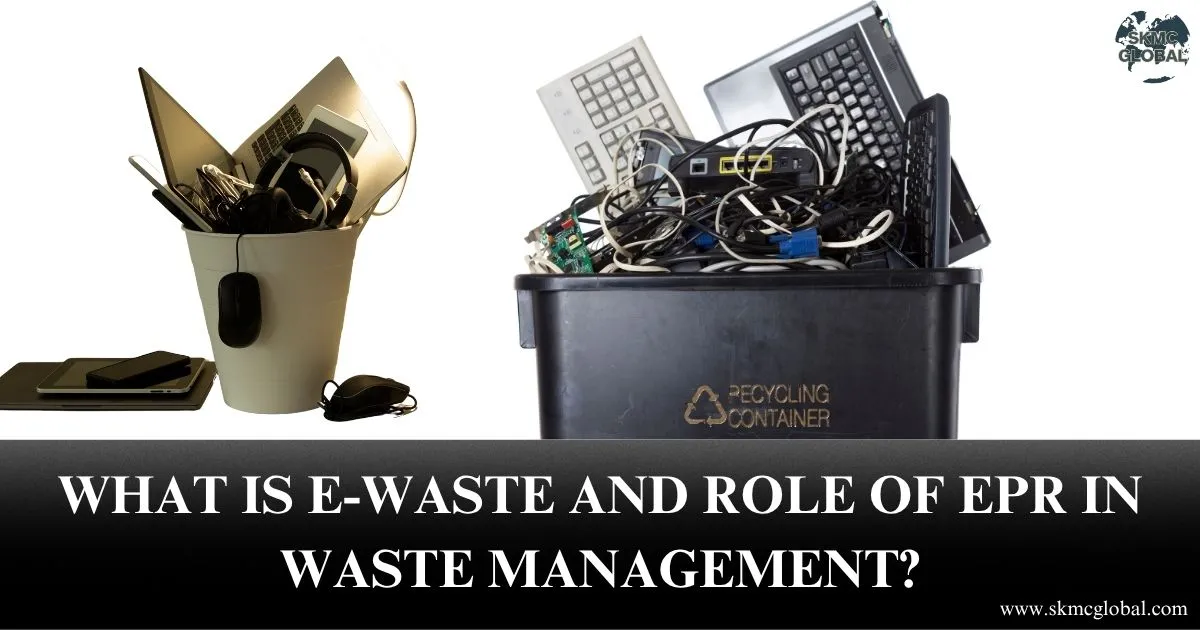 What is E-Waste and role of EPR in Waste Managemen...
Jun 17,2025
What is E-Waste and role of EPR in Waste Managemen...
Jun 17,2025
-
 M&A Due Diligence in India: How to Spot Target Com...
Jun 16,2025
M&A Due Diligence in India: How to Spot Target Com...
Jun 16,2025
-
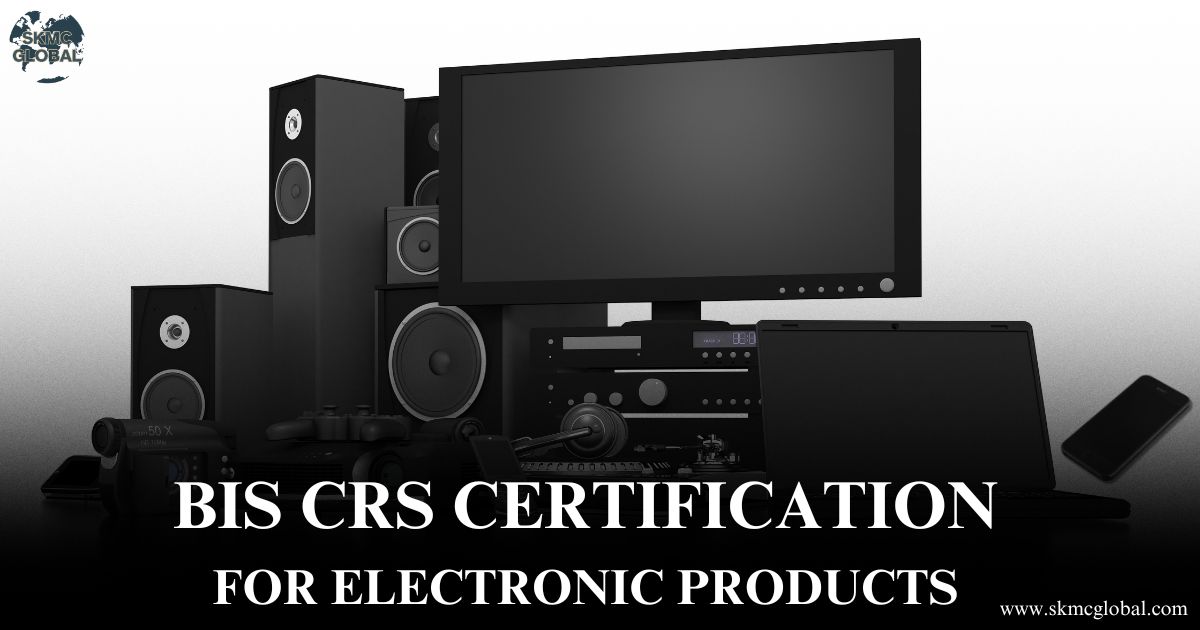 BIS crs certification for electronic products...
Jun 12,2025
BIS crs certification for electronic products...
Jun 12,2025
-
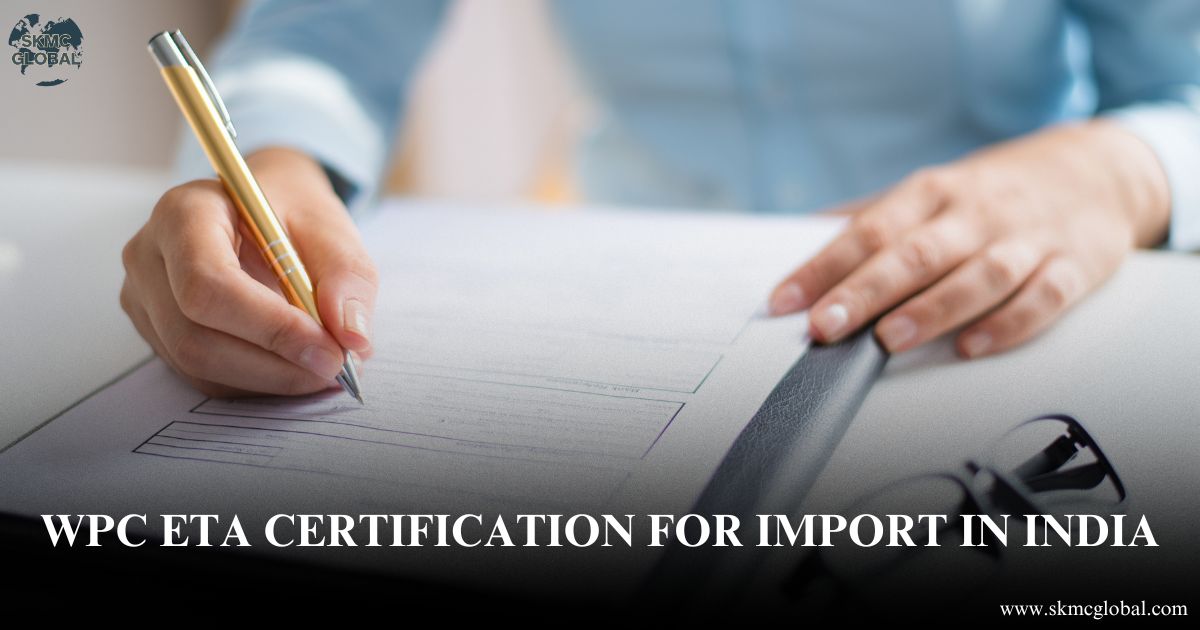 All you need to know about WPC ETA certification f...
Jun 11,2025
All you need to know about WPC ETA certification f...
Jun 11,2025
-
 What is CDSCO Registration under The Drugs & Cosme...
Jun 10,2025
What is CDSCO Registration under The Drugs & Cosme...
Jun 10,2025
-
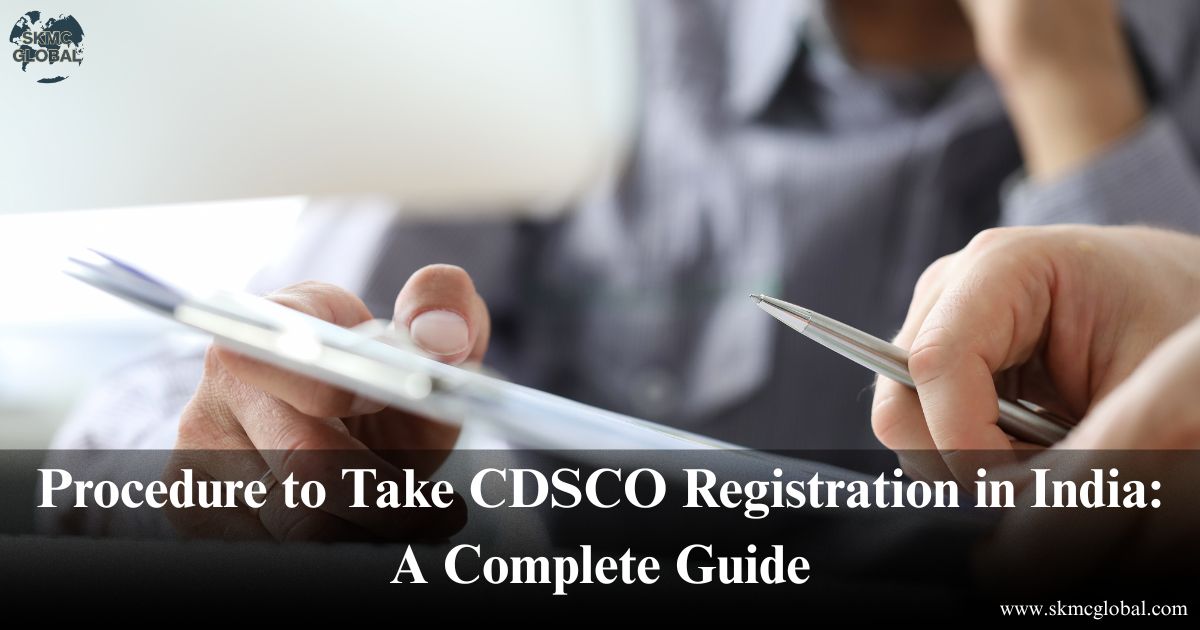 Procedure to Take CDSCO Registration in India: A C...
Jun 09,2025
Procedure to Take CDSCO Registration in India: A C...
Jun 09,2025
-
 All You Need to Know About AERB Registration...
Jun 07,2025
All You Need to Know About AERB Registration...
Jun 07,2025
-
 Understanding POSH (Prevention of Sexual Harassmen...
Jun 03,2025
Understanding POSH (Prevention of Sexual Harassmen...
Jun 03,2025
-
 Chartered Accountant's role in financial managemen...
May 23,2025
Chartered Accountant's role in financial managemen...
May 23,2025
-
 5 Things to keep in your mind while running payrol...
May 17,2025
5 Things to keep in your mind while running payrol...
May 17,2025
-
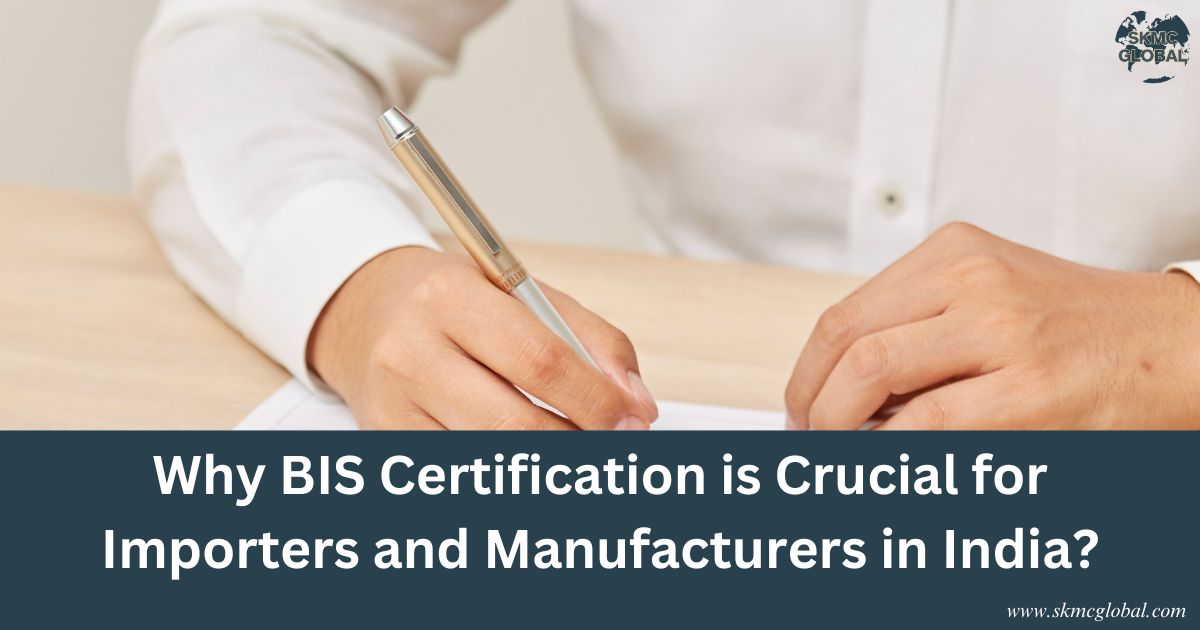 Why BIS Certification is Crucial for Importers and...
May 15,2025
Why BIS Certification is Crucial for Importers and...
May 15,2025
-
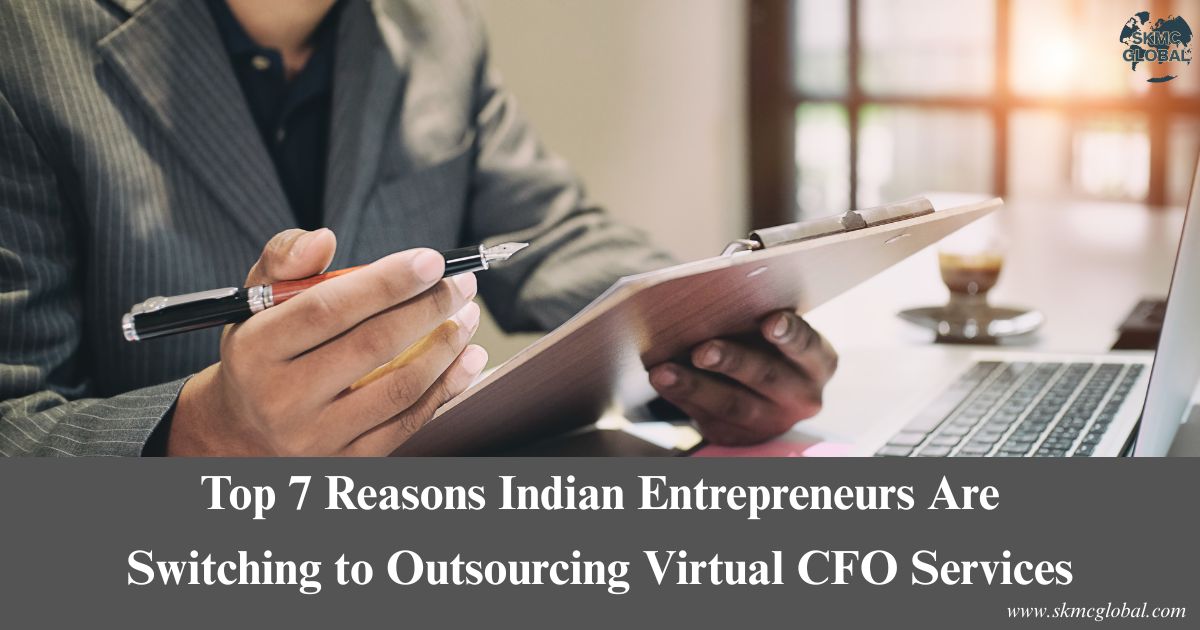 Top 7 Reasons Indian Entrepreneurs Are Switching t...
May 07,2025
Top 7 Reasons Indian Entrepreneurs Are Switching t...
May 07,2025
-
 Incorporation of Company in Japan...
Apr 24,2025
Incorporation of Company in Japan...
Apr 24,2025
-
 How to set up a Representative Office in Singapore...
Apr 14,2025
How to set up a Representative Office in Singapore...
Apr 14,2025
-
 BIS certificate for medical equipments...
Apr 09,2025
BIS certificate for medical equipments...
Apr 09,2025
-
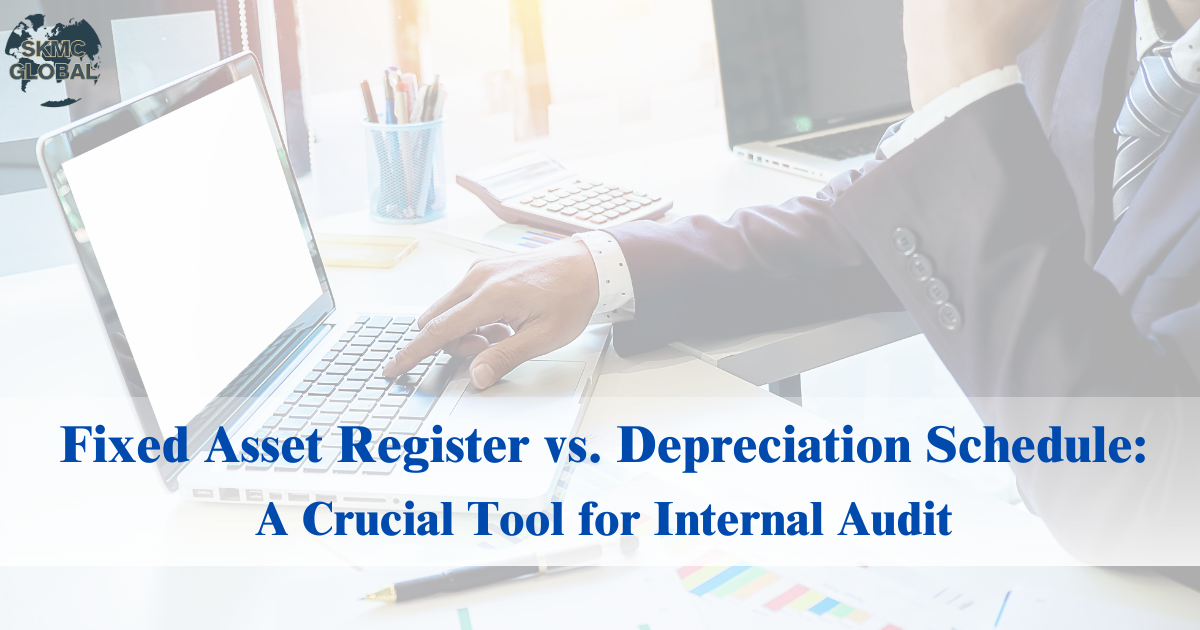 Fixed Asset Register v/s Depreciation Schedule: A ...
Apr 02,2025
Fixed Asset Register v/s Depreciation Schedule: A ...
Apr 02,2025
-
 Role of AI in Accounting...
Mar 26,2025
Role of AI in Accounting...
Mar 26,2025
-
 Capital Structure & its Impact on Profitability...
Feb 21,2025
Capital Structure & its Impact on Profitability...
Feb 21,2025
-
 Union Budget 2025...
Feb 01,2025
Union Budget 2025...
Feb 01,2025
-
 What is EPR in Plastic waste Management? ...
Jul 12,2022
What is EPR in Plastic waste Management? ...
Jul 12,2022
-
 Lithium-ion Battery Recycling Plant Setup in India...
May 10,2022
Lithium-ion Battery Recycling Plant Setup in India...
May 10,2022
-
 Setting up E-waste Recycling Plant Setup...
Jan 12,2022
Setting up E-waste Recycling Plant Setup...
Jan 12,2022
-
 Applicability of Labour Laws in India...
Jul 15,2021
Applicability of Labour Laws in India...
Jul 15,2021
-
 Basis to Outsource Finance and Accounting Services...
Oct 31,2021
Basis to Outsource Finance and Accounting Services...
Oct 31,2021
